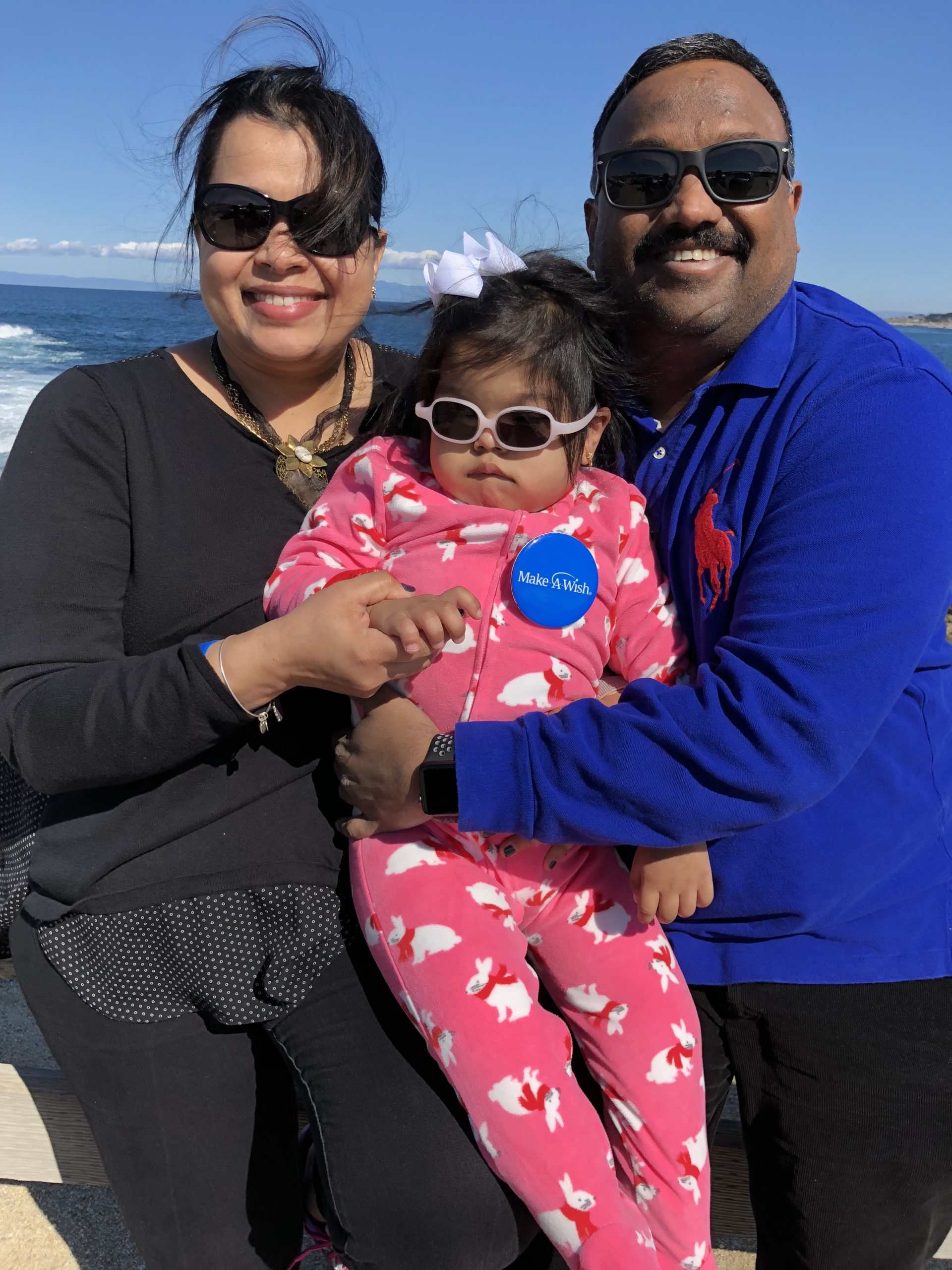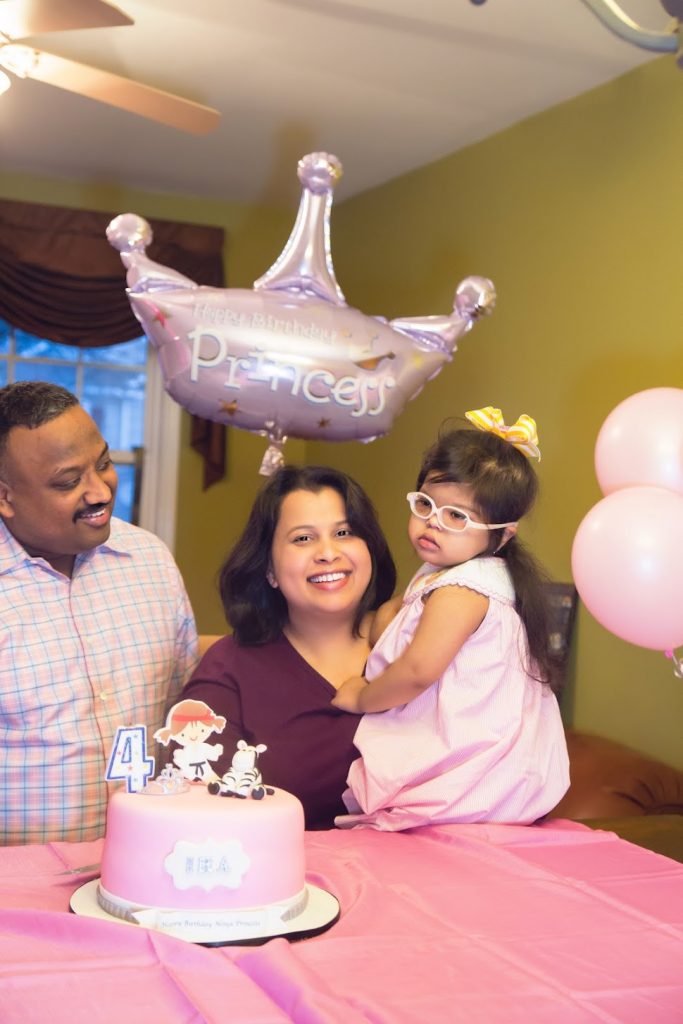12/3/2024
·Enable high contrast reading
Pathways for Life and Death

With over 8.2 billion people across 195 countries, humanity is shaped by diverse societal norms, cultural differences, physical appearances, languages, religions, community structures, and traditions. However, two universal experiences connect us all: life and death.
The UN estimates that approximately 385,000 babies are born each day—around 140 million each year. The impending arrival of a child brings immense tradition, cultural norms, and hope. Celebrations, anticipation, and excitement surround each birth, whether it occurs in a hospital or a tribal community. New parents often receive books and advice on child-rearing, and a network of support from doulas, midwives, and medical professionals helps welcome each child into the world. Society generally expects us to watch our children grow into responsible adults who contribute to the greater good.
Birth has a clear timeline; a gestational period of 40 weeks is universally accepted as full term. In stark contrast, there is no roadmap for anticipating the imminent death of a child. If one is fortunate, they may be given time to make the most of their moments together. This time is often marked by a dichotomy of gratitude for each day of life, alongside fear and anxiety about what the next day may bring.
When we signed our last discharge forms for our daughter after deciding to pursue palliative care, I felt two powerful emotions: a sense of failure for not being able to do more and relief that she might finally be pain-free. Unlike the countdown to birth, we had no timeline for her remaining days. Our daughter had never celebrated a birthday at home; including the day she was born, she spent three of her birthdays in the hospital. As her mother, my only wish was for her to celebrate her fourth birthday at home, surrounded by love and joy, because she was our light. As a medical parent, I faced the harsh reality that the next birthday might not happen.

With two medically complex children receiving concurrent treatments for rare diseases, we had never spent time together simply enjoying our family of four. Thanks to a compassionate palliative care team and Make-A-Wish, we were able to take our daughter to the seaside cliffs and misty coastline of Big Sur. While the trip was filled with smiles and love, there were also moments of fear when her vitals approached a point that could lead to hospitalization in an unfamiliar place. Looking back, the overwhelming emotion we felt upon returning home was relief that our daughter did not pass away in a new hospital surrounded by strangers. I also felt a sense of guilt, knowing we were one of the lucky few families to experience such a trip.
Not long after, we celebrated our daughter’s birthday at home, inviting our closest friends, aware that we might need to cancel at any moment. As parents, we are seldom prepared for such unknowns. Today, we cherish those party pictures more than anything, as they remind us of something we never anticipated would happen.
Shortly after her birthday, I asked our palliative care team for a meeting, overwhelmed by a sense of panic. I expressed how unprepared I felt for the possibility of losing her. Fear of the unknown consumed me—where would it happen, how, and who would we call? We were unfamiliar with cultural practices surrounding death and did not know what to do afterward. At that time, our then 4-year-old daughter was surprisingly active, crawling and pulling up to stand, seemingly unconcerned by our discussions. The medical team was surprised by her progress, and we laughed about how I was overthinking everything as a typical medical mom. My husband and I had envisioned a plan for that day, involving our almost 10-year-old son as a vocal advocate and caring big brother.Our son had been an integral part of the medical care we had provided for our daughter and wanted to be involved in her end of life planning as well.
Then, the day we dreaded arrived, and everything unfolded differently than we had imagined. We experienced a pain unlike any we had known before. Our daughter brought us light, purpose, love, and joy. The one thing we could give her that day was the freedom to finally be pain-free and at peace. This realization helped us navigate that day and the days that followed, thanks to our palliative care team, who understood we were venturing into uncharted territory.
We expect our children to outlive us and care for us as we grow older. We envision our children living long, healthy lives, and the idea of a parent burying or cremating a child feels unfathomable. Society is not structured to support parents facing such loss, and when it occurs, the experience can be isolating and filled with sadness. While some child deaths can be sudden, others follow a long, painful journey where all options have been exhausted.
If our children cannot outlive us, we must create pathways to help families process this overwhelming life event differently—with knowledge and acceptance that this is part of the circle of life.
Parvathy was a member of our first class of Parent Champions. Learn more about her here.


